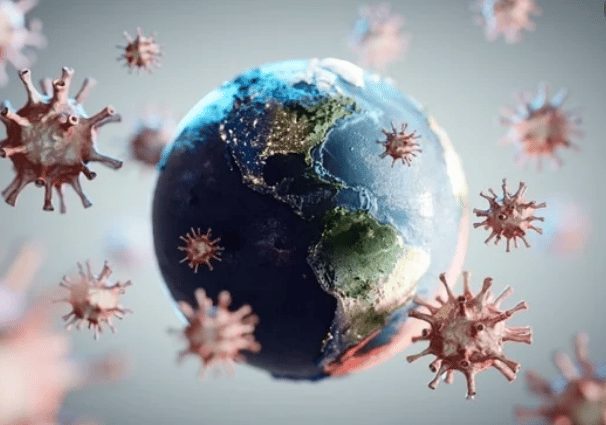Source: Bizcommunity, 22 April 2021, photo credit: PHOTOCREO Michal Bednarek/Shutterstock.com/News Medical
According to a recently released report by the World Meteorological Organization (WMO) and its network of partners, the Covid-19-related economic slowdown failed to put the brakes on climate change drivers and accelerating impacts.
The report, State of the Global Climate 2020, documents indicators of the climate system, including greenhouse gas concentrations, increasing land and ocean temperatures, sea level rise, melting ice and glacier retreat and extreme weather. It also highlights impacts on socio-economic development, migration and displacement, food security and land and marine ecosystems.
2020 was one of the three warmest years on record, despite a cooling La Niña event. The global average temperature was about 1.2° Celsius above the pre-industrial (1850-1900) level. The six years since 2015 have been the warmest on record. 2011-2020 was the warmest decade on record.
It has been 28 years since the World Meteorological Organization issued the first state of the climate report in 1993, due to the concerns raised at that time about projected climate change.
While understanding of the climate system and computing power have increased since then, the basic message remains the same and we now have 28 more years of data that show significant temperature increases over land and sea as well as other changes like sea level rise, melting of sea ice and glaciers and changes in precipitation patterns.
This underscores the robustness of climate science based on the physical laws governing the behaviour of the climate system,” said WMO secretary-general Professor Petteri Taalas.
Read more
The South African Pork Producers’ Organisation (SAPPO) coordinates industry interventions and collaboratively manages risks in the value chain to enable the sustainability and profitability of pork producers in South Africa.
















